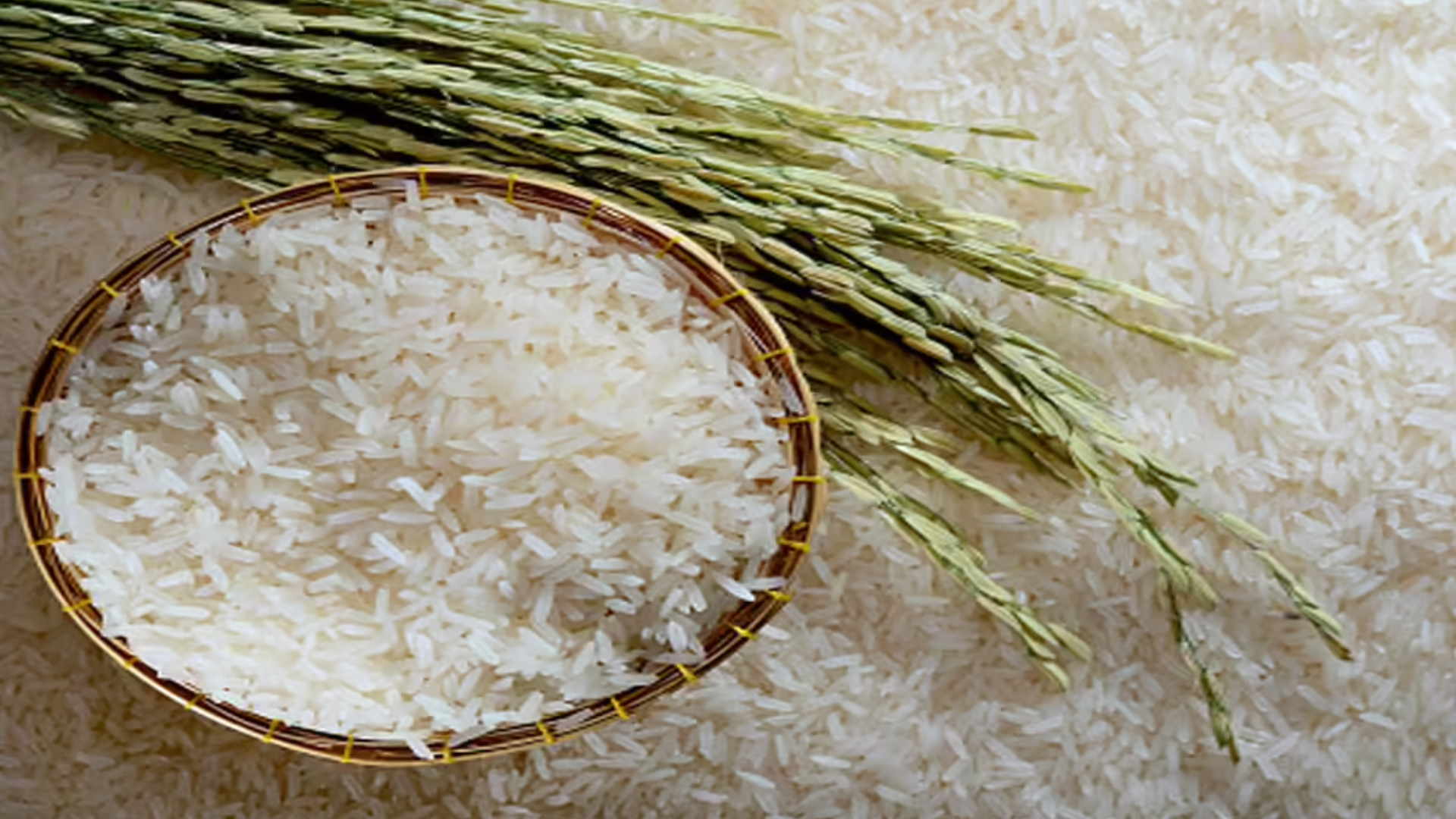Delhi’s rising heat is the matter of concern now a days. Delhi is experiencing one of its hottest heatwaves, with day temperatures exceeding 46°C and the heat index — or “feels-like” temperature — reaching a dangerous 54°C.
The India Meteorological Department (IMD) have issued a Red Alert, warning citizens of serious health hazards, especially for children, the elderly, and those with long-term illnesses.”
Not only the scorching temperature, but also Delhi’s air quality index (AQI) remains in the “very unhealthy” range, ranging between 195 and 245. Though some relief is expected from isolated rain and thunderstorms by mid-June, high humidity and pollution continue to make conditions worse.
What’s Causing the Heatwave?
There are several factors causing the heat wave, some of which includes:
- Climate Change & El Niño: Global climate pattern changes and the phenomenon of El Niño have propelled temperatures 5–8°C above normal since April.
- Urban Heat Island Effect: Densely constructed and low green cover in Delhi absorb heat, adding heat in nights.
- High Humidity: The hot air does not let sweat evaporate, pushing the heat index higher, which is making the weather hotter than it actually is.
Health Hazards from Extreme Heat
Exposure to such extreme temperatures can lead to heat exhaustion, dehydration, and even heatstroke, where the body’s core temperature exceeds 40.5°C — a potentially life-threatening condition. Symptoms include confusion, rapid heartbeat, nausea, and fainting.
Prolonged heat also reduces oxygen supply to the brain, leading to dizziness, seizures, or even coma in severe cases.
How Heat Affects the Gut
While heat’s impact on the body is well known, its impact on digestion are less understood. So, here are some ways in which the excessive heat can destroy gut health:
- Disruption of Gut Bacteria: Heat stress disrupts the gut microbiome and gives rise to symptoms like bloating, gas, and irritable bowel syndrome.
- Reduced Blood Flow to Organs: In an attempt to cool off, blood flow to organs in the digestive system decreases, leading to cramps, diarrhea, and loose gut.
- Increased Risk of Food Poisoning: This extreme rise in temperatures facilitate faster bacterial growth in stored food, thus increased risks of infections like E. coli and Salmonella.
How to Stay Safe
- Drink water, ORS, coconut water, or lemon drink frequently.
- Take light meals like fruits, curd, and khichdi and avoid oily, hot food items.
- Wear light clothes and take refuge in the shade during the peak sun hours (12–3 PM).
- Keep food covered to prevent it from getting spoil and contaminated.

Government Response
Though the Delhi government launched a Heat Action Plan in April 2025, including 3,000 water coolers and shaded public zones, less than 1% of them are operational, leaving many without relief.
Conclusion
Delhi’s ongoing heatwave is more than just a weather event—it’s a public health emergency. The effects on the gut and overall health demand urgent attention, awareness, and action.








